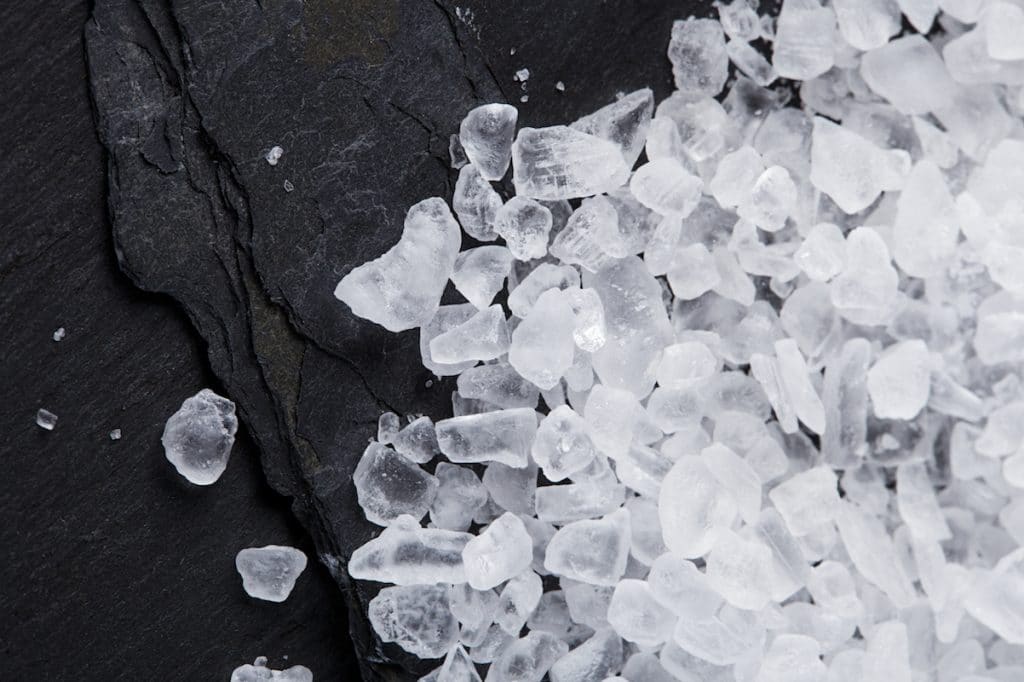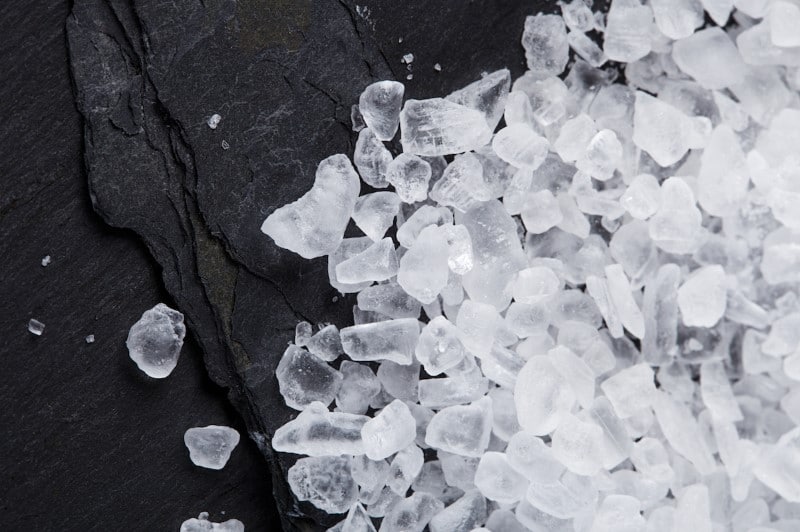
Just like the conventional septic system, the sand mound system is prone to clogging. This problem may be brought about by improper waste disposal, invasive root systems, soil compaction, and irregular pump outs. Another cause is the salt accumulation. Salt accumulates in the sand mound system when you use water softeners too much. You only use water softeners when you have a hard water crisis. Hard water is a common issue. When you use this kind of water, it will take forever for your detergents or soaps to lather up. You use a lot of soap, which means you have to buy more soap. You also repeat the washes so it costs you more time and effort. Sing hard water makes you use more water and this increases the water load inside the sand mound tank. When this happens, the solid waste particles float around the tank, eventually getting pushed into the filters and into the surrounding soil absorption area. This usually leads to sand mound failure. Hard water also turn your detergents into sticky slime that clogs drains.
Helping the hard water crisis needs water softeners. Water softeners have beads that attract the calcium and magnesium ions from the water. They are then flushed out of the water supply system. The sodium carbonate or salt ions are then left in the water, making it soft enough to use easily every day. With the use of water softeners, you will be able to save on water, electricity, energy, and money. However, salt in the sand mound system is detrimental to the resident bacteria. Experts say that freshwater organisms can’t survive in saltwater environments. What happens is that the salt turns the surrounding water into a hypertonic solution that sucks out the fluids from the resident bacteria. need fluids to survive. They die out when fluids are gone. You have to ask your septic expert about using water softeners. Additives will be added into the system so that it could still function well even if you are plagued by hard water.
Also keep in mind that you have to start using eco-friendly soaps. These products do not harm bacteria. Harsh cleaners kill bacteria and without bacteria, there will be no wastewater treatment at all. This will not go well for your household because you will experience septic backups, overflows, and flooding. Work with your septic expert when it comes to the pump out schedules. Stick to the pump outs because when the sand mound is cleaned thoroughly, there will be no salt residue left.
Knowing how salt can cause clogging in a sand mounds makes you more aware of your own system. It will certainly prolong your sand mound’s life. A responsible homeowner like you should definitely expect a more efficient sand mound system with all that care and maintenance.
